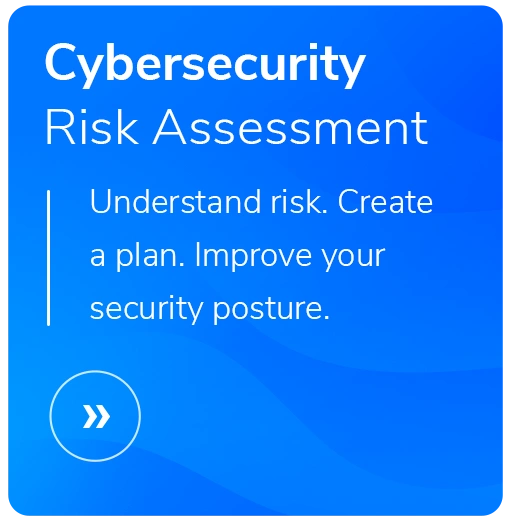Increasing Cyber Resilience with Virtual Security Engineers
- Written by: Ryan Mosher
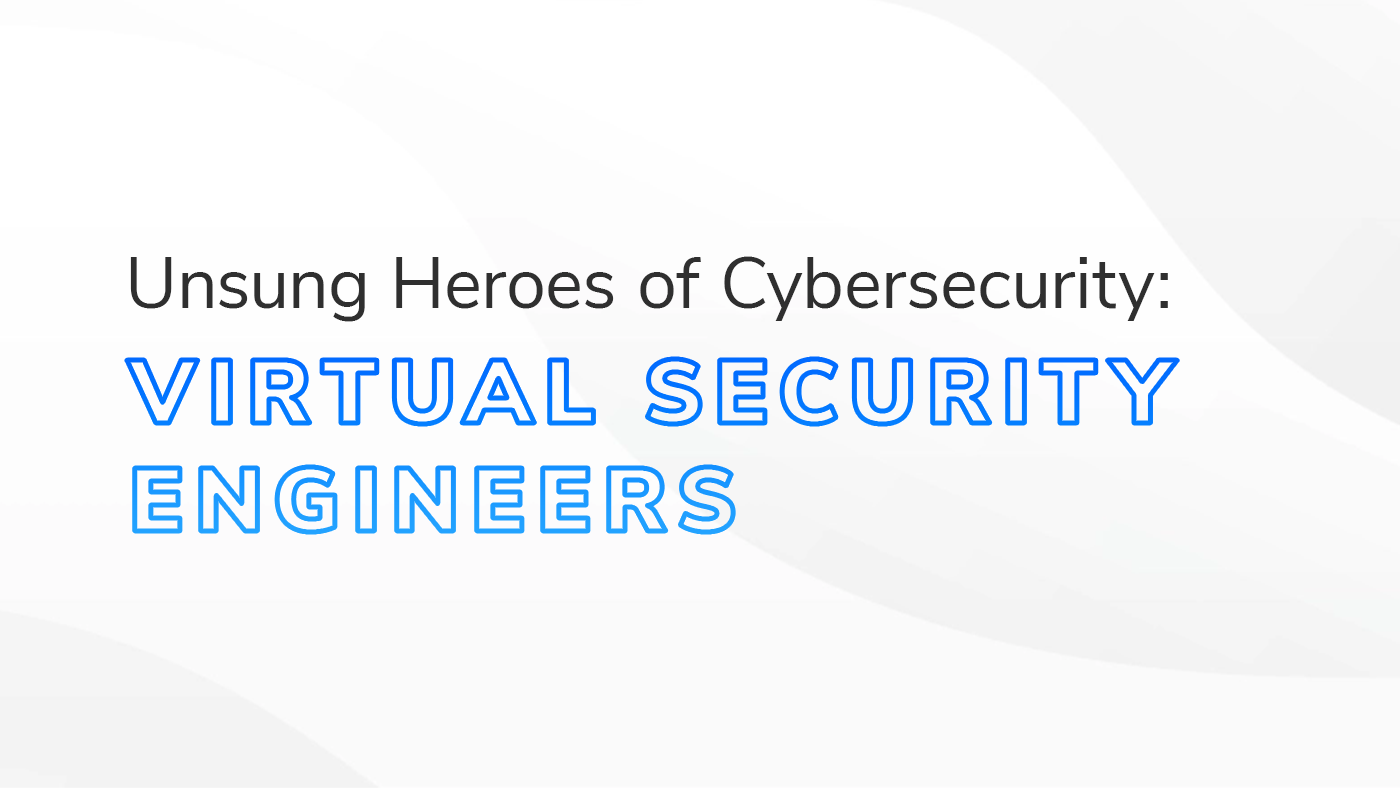
Virtual Cybersecurity Engineers—also called Virtual Security Engineers—can be the unsung heroes of cybersecurity. The complexity and scale of cybersecurity challenges are growing exponentially. Each connection, each piece of data shared, opens a potential gateway for attackers. This is where vSEs come into play, using their expertise to secure these gateways with cutting-edge cloud technology.
Cyber threats are relentless. Day and night, they evolve, becoming more sophisticated and pervasive. And unfortunately, traditional defenses aren’t always enough.
vSEs don't just respond to threats—they proactively monitor, analyze, and neutralize them before they can cause harm. In this article, we will provide an overview of what a virtual cybersecurity engineer does, and how they support virtual Chief Information Security Officers (vCISOs) and organizations every day.
What Does a Virtual Cybersecurity Engineer Do?
Cybersecurity engineers operate as one of the chief guardians of your data fortress, defending your digital assets from internal and external attacks. VSEs also back up vCISOs, implementing the many security tools recommended by those vCISOs, keeping your data safe.
Here's a deeper look at the crucial roles they play:
- Deploying Defenses: vSEs are experts in setting up and fine-tuning the sophisticated barriers that protect your data. For example, firewalls are the first line of your cyber defense. But they need to be set up properly and require constant fine-tuning and maintenance to operate exactly as they should. A vSE’s work involves not just a one-time setup but continuous oversight and optimization to adapt to new threats and technological advances.
- Scouting for Threats: Proactive threat detection is crucial when new vulnerabilities can emerge overnight. vSEs conduct thorough checks and comprehensive scans to identify and assess potential vulnerabilities within your system. By regularly auditing your digital tenant, they ensure that it remains resilient against attacks, preventing potential security breaches.
- Battle Stations: In the event of a security incident, vSEs are the first responders. Whether it's a denial-of-service attack, a data breach, or a ransomware strike, they use their expertise and experience to contain the threat and minimize damage. Their responsibilities include coordinating with your IT and security teams to implement strategic responses so that recovery is swift and data integrity is maintained.
- Staying Sharp: Security is a vSE’s full-time job. They dedicate time to stay ahead of the curve, constantly updating their knowledge and skills, while also tapping into the resources of their team made up of cybersecurity engineers. They are attuned to the latest security trends, threat intelligence, and best practices in cloud security.

How vSEs Support vCISOs
vSEs also play a crucial role in supporting vCISOs, enhancing the strategic and operational aspects of an organization’s cybersecurity efforts. Together, they form a line of defense against cyber threats, each complementing the other.
Here’s how vSEs specifically assist vCISOs:
- Technical Execution of Strategies: vSEs actively implement the cybersecurity strategies designed by vCISOs. They deploy security measures, configure tools, and maintain systems, ensuring that policies are effectively enacted.
- Rapid Incident Response: During security incidents, vSEs manage the technical aspects, allowing vCISOs to focus on strategic decision-making and stakeholder communication. This division of labor is crucial for timely and effective crisis management.
- Detailed Reporting and Insights: vSEs produce in-depth reports on network and system security, providing vCISOs with critical data on vulnerabilities and security events. This information helps vCISOs evaluate security measures and make informed adjustments.
- Regulatory Compliance and Audits: vSEs support vCISOs in meeting compliance with laws and standards, conducting audits, and addressing gaps, which is vital for maintaining legal and operational standards.
- Innovation and Continuous Improvement: In response to evolving cyber threats, vSEs implement the latest security technologies and methods. Their innovative efforts ensure that security infrastructures remain robust and progressive, aiding vCISOs in their continuous improvement efforts.
Through these roles, vSEs enhance the effectiveness of vCISOs, contributing to a resilient and proactive cybersecurity environment that prepares organizations to face both current and future threats.
How vSEs Support Organizations
Engaging a virtual cybersecurity engineer unlocks many benefits for organizations as they navigate modern cybersecurity threats. Here’s a detailed look at the advantages:
- Cost Efficiency: vSEs can be significantly more cost-effective than employing a full-time, in-house cybersecurity staff. Organizations can save on salaries, benefits, and ongoing training costs typically associated with maintaining a team of cybersecurity professionals. vSEs offer the flexibility to pay for services as needed without compromising the level of expertise brought to the table.
- Expert Network: vSEs provide access to an extensive network of cybersecurity experts. This connection allows organizations to benefit from a collective pool of knowledge and experience that is much broader than what a single in-house professional might possess. Whether dealing with niche security needs or requiring specific industry expertise, vSEs can leverage their network to ensure the right skills are applied to address each unique challenge.
- Scale at Will: As an organization grows, so do its security needs. vSEs are inherently scalable, capable of adjusting their level of service based on the organization's changing demands. This scalability is crucial not only for growing businesses but also for companies that experience seasonal fluctuations or those that are facing a temporary increase in threat levels due to specific events.
- Proactive Protection: Unlike traditional IT roles, which are typically reactive, vSEs specialize in proactive measures. They use advanced tools and techniques to predict and prevent potential security threats before they can impact the organization. By staying ahead of the curve in threat intelligence and predictive analytics, vSEs guide organizations in actively avoiding threats.
By integrating vSEs into their cybersecurity strategy, organizations enjoy these benefits, enhancing their security posture while also optimizing their investment in infrastructure and personnel. This approach allows companies to excel in a landscape of continuous digital threats.
Conclusion
Virtual security engineers can be exactly what you need as you strive to keep your organization secure. Not only do vSEs respond to threats, but they also proactively monitor, analyze, and neutralize potential dangers to prevent harm. By integrating vSEs into your cybersecurity strategy, you greatly improve your organization’s chances of staying ahead of threats with state-of-the-art protections managed by top-tier professionals.
If you're looking to strengthen your cybersecurity posture or need expert guidance on how to navigate digital threats, consider reaching out to the cybersecurity experts at HBS. Our team of dedicated virtual cybersecurity engineers and vCISOs is ready to help you implement robust security measures, maintain compliance, and do those based on risk, not fear.
Contact us today to secure your digital assets and ensure your organization’s resilience against cyber threats. Let HBS be your partner in establishing a safer cyber environment.
Related Content
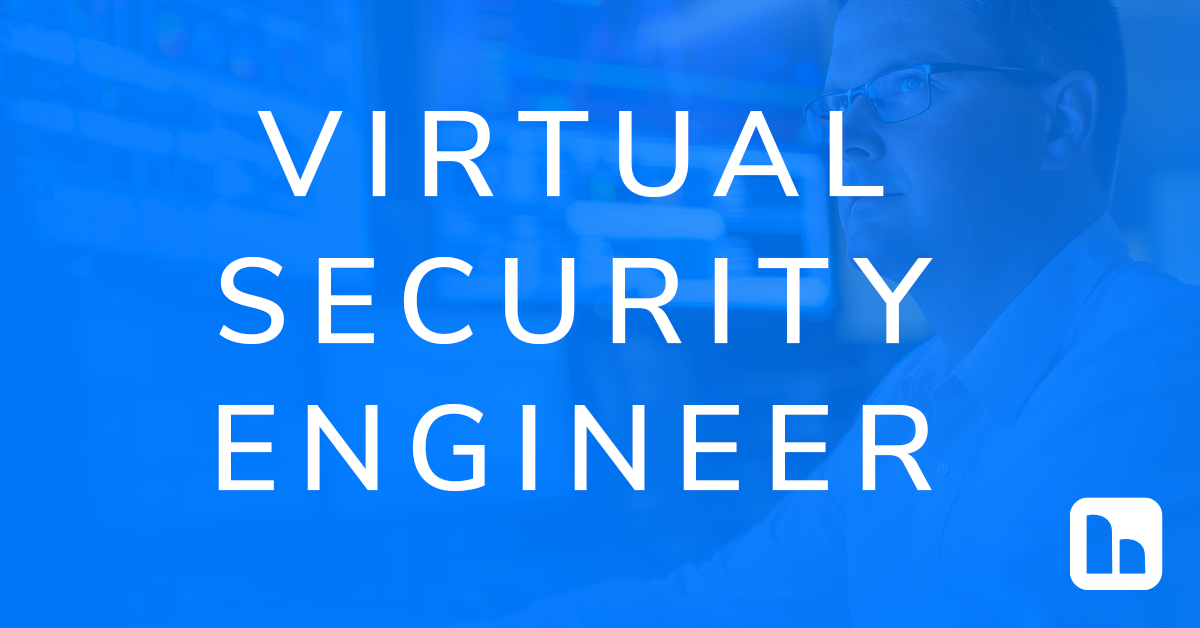
Virtual Security Engineer
Hands-on cybersecurity implementation, support and expertise to strengthen your cybersecurity posture.
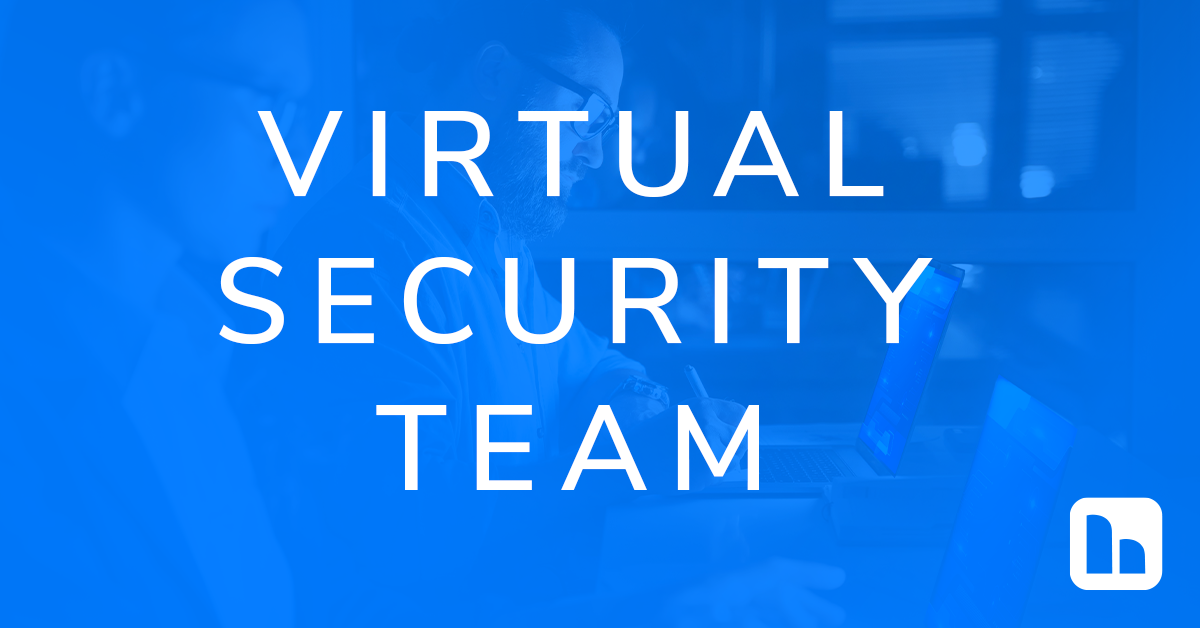
Virtual Security Team
Bring in a dedicated team to guide your security strategy. Combine the leadership of an HBS vCISO with the hands-on implementation of a Virtual Security Engineer.
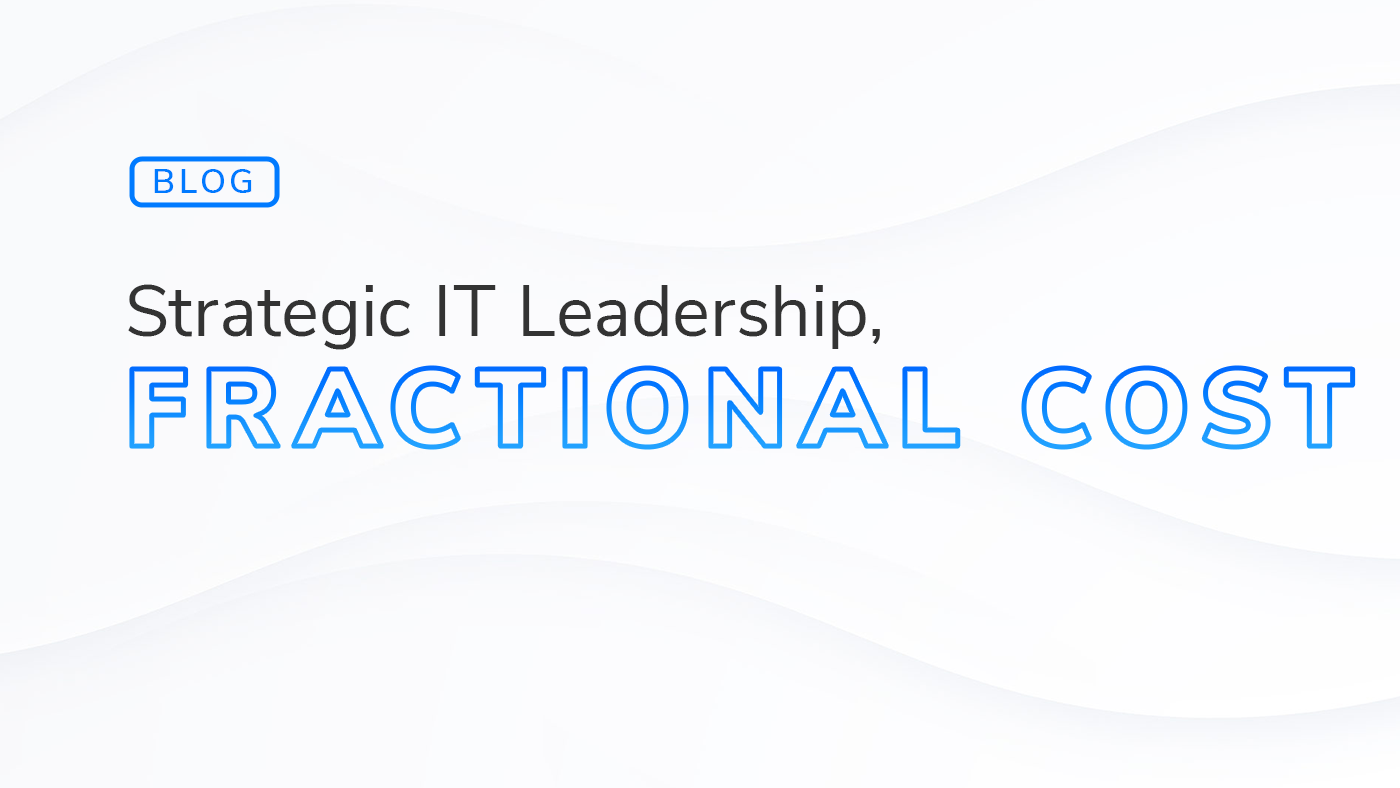
Fractional IT Leadership: Smart, Strategic, and Scalable
Get top-tier IT leadership without the full-time cost. Fractional IT leaders provide strategic planning, security oversight, and digital transformation expertise—on your terms.





